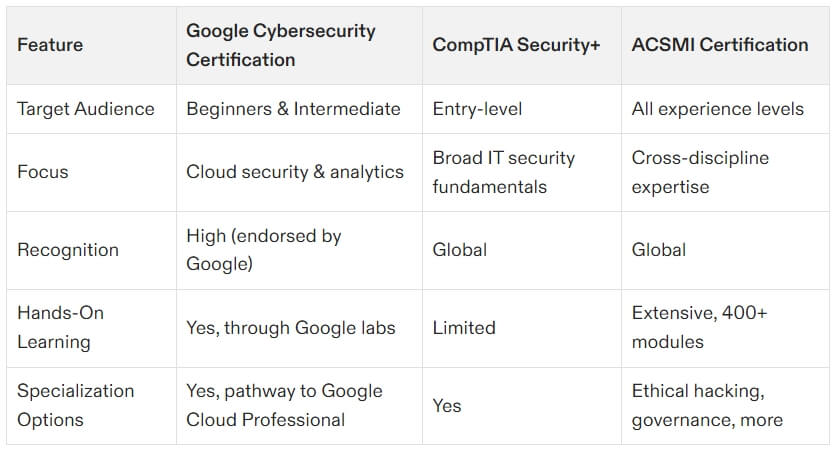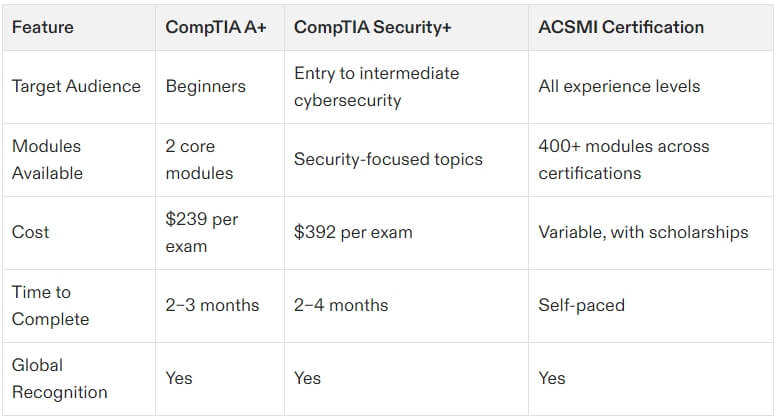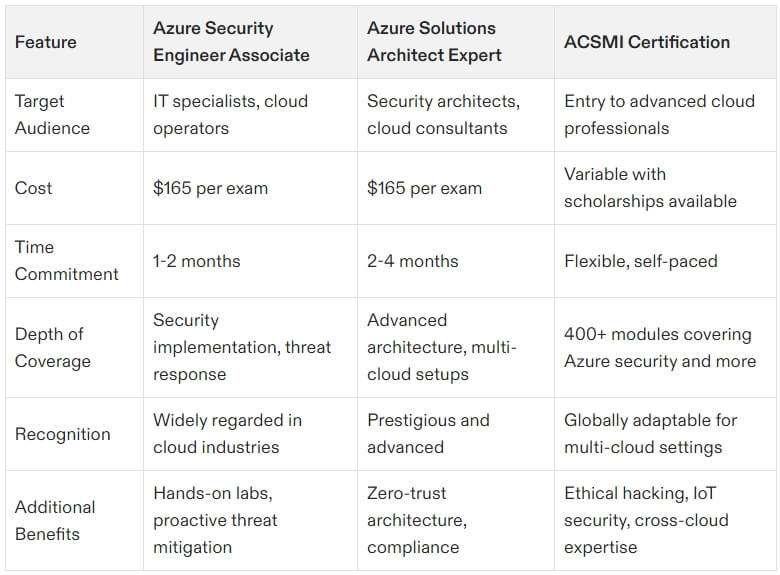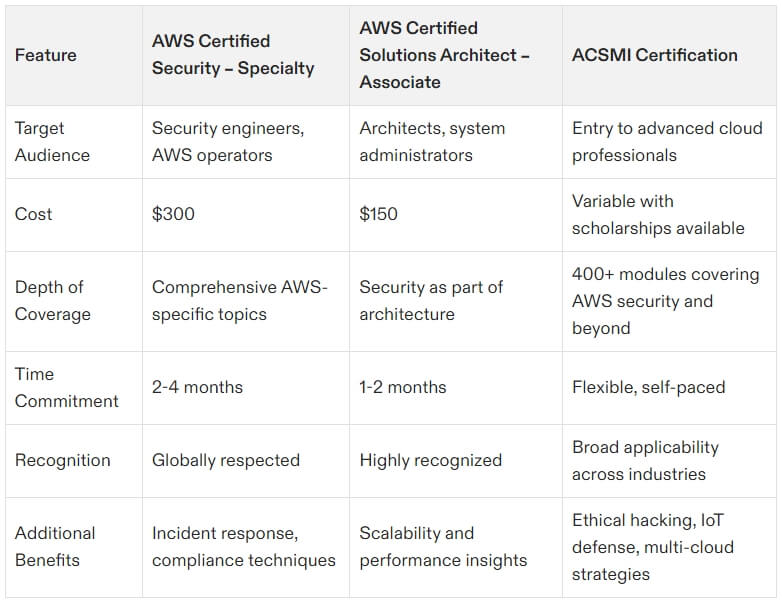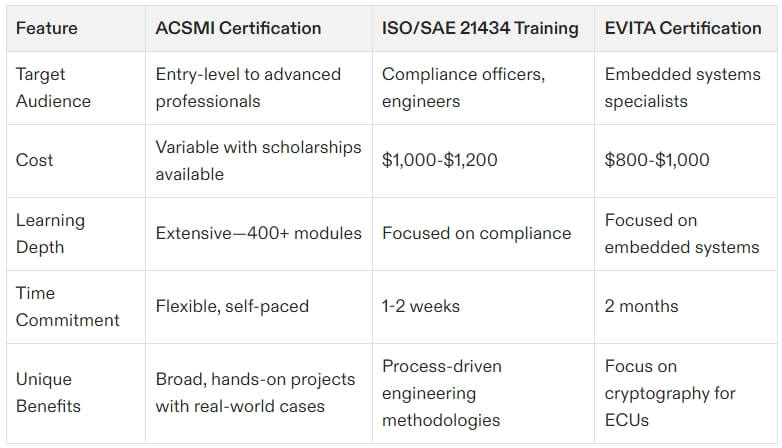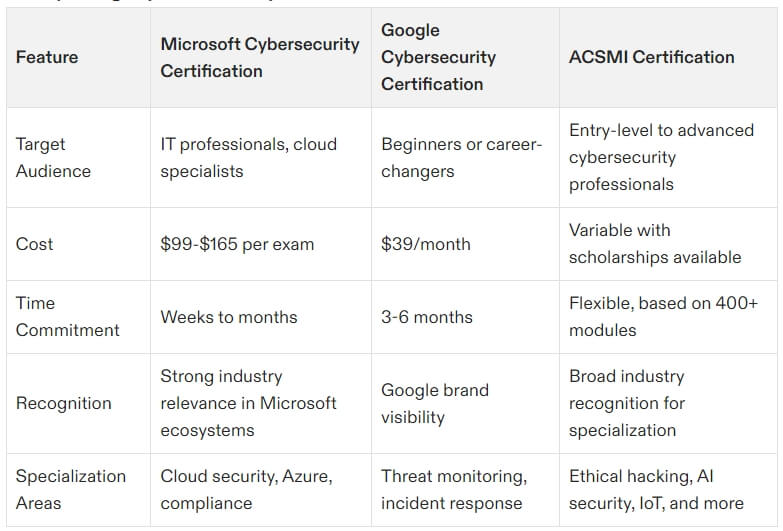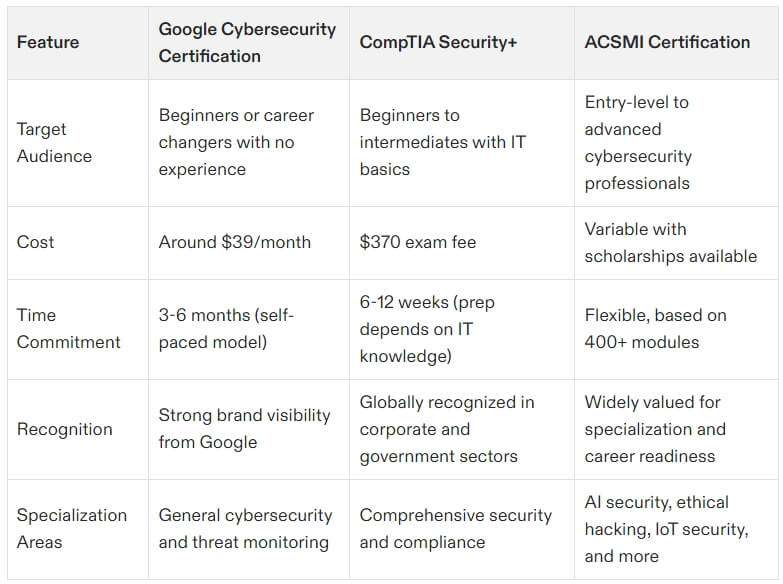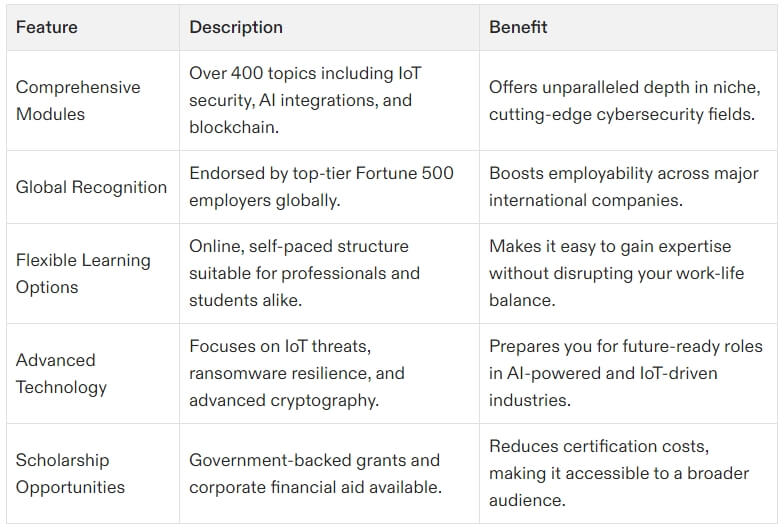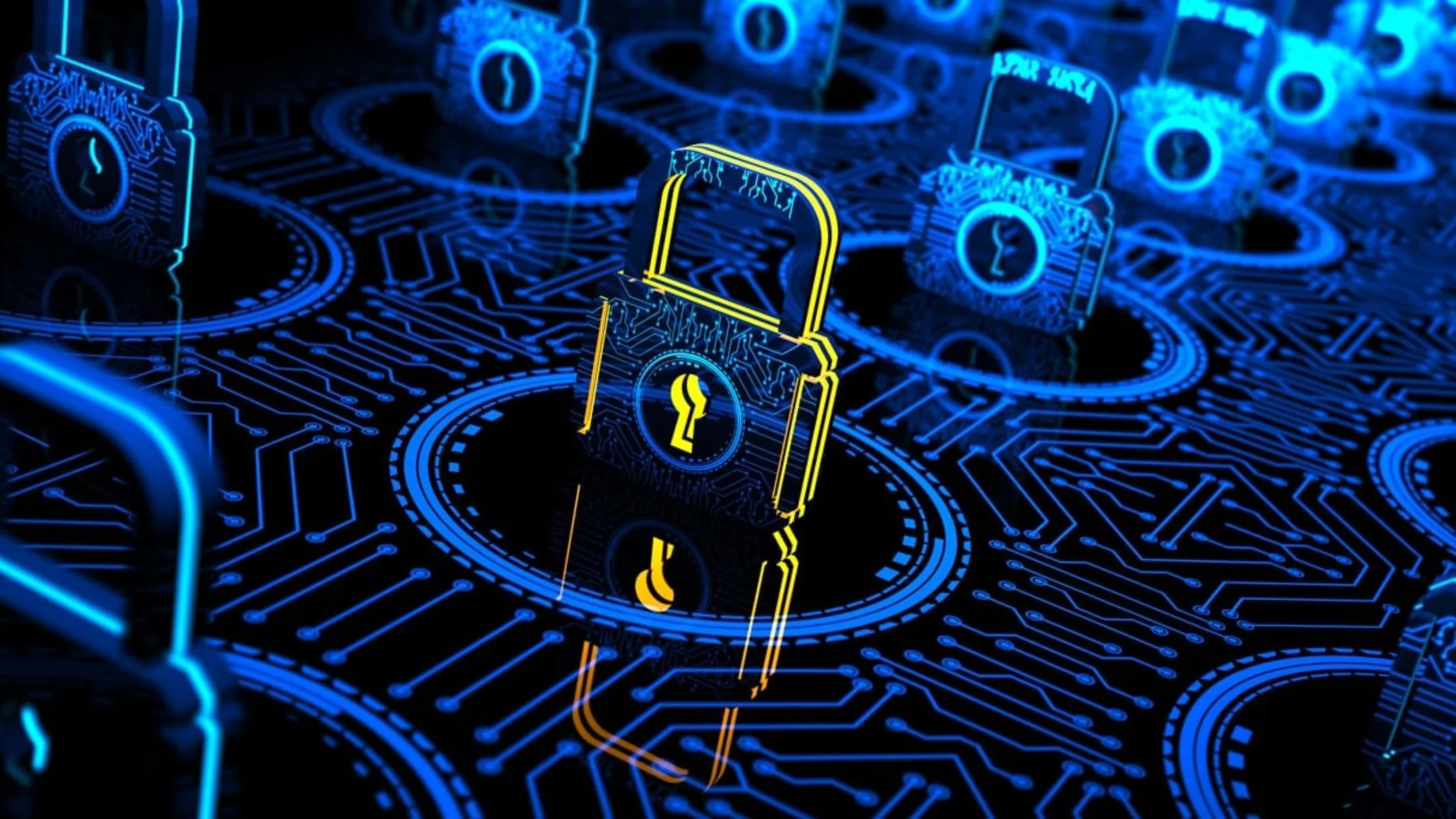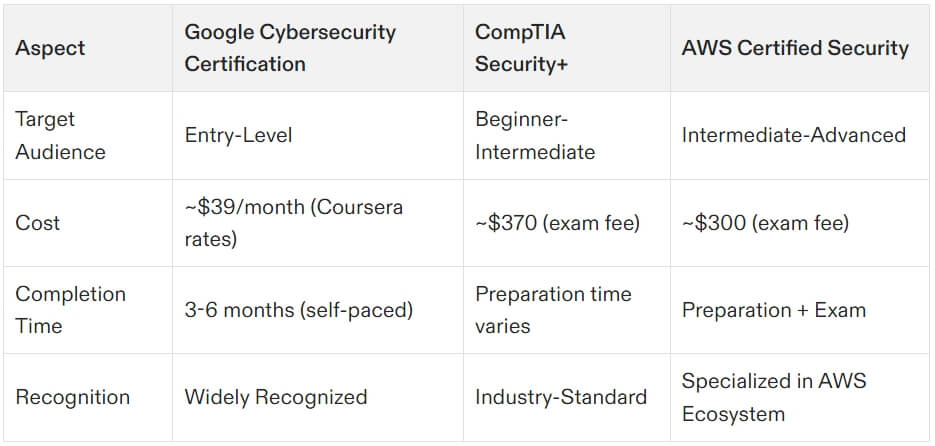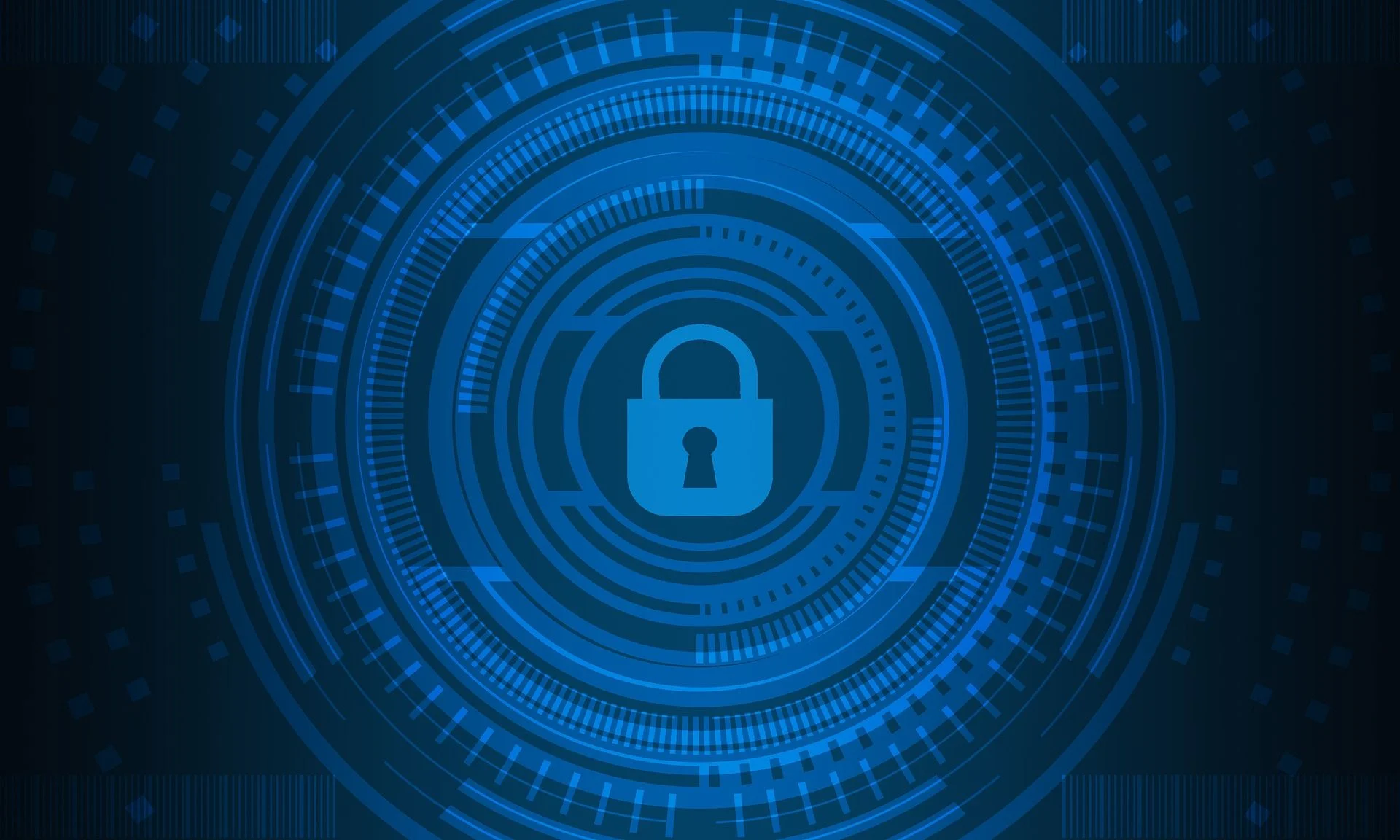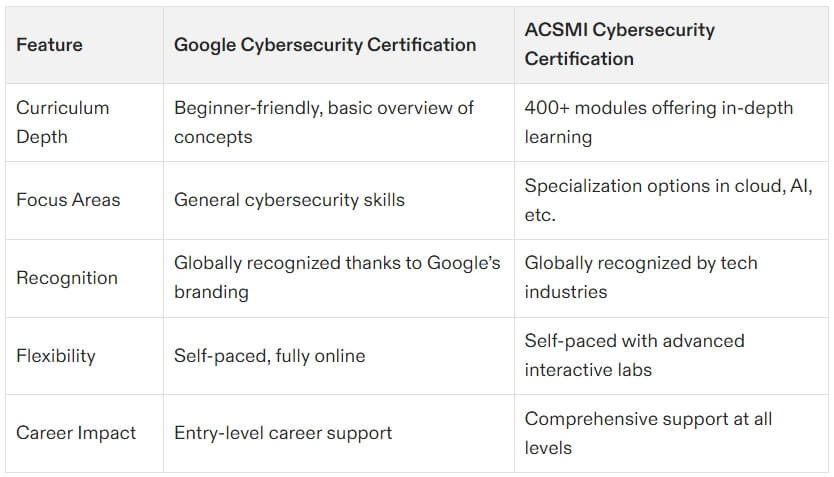Table of Contents
- What Is the Cybersecurity Certification by Google?
- Why Choose Cybersecurity Certification by Google?
- Key Features of the Cybersecurity Certification by Google
- Benefits of Cybersecurity Certification by Google
- Advanced Certifications to Pair with Google’s Certification
- FAQ
- Comparing Certifications
- Final Thoughts
The demand for skilled cybersecurity professionals has reached unprecedented levels. With technology driving every aspect of our lives, the ability to protect sensitive information and defend against cyber threats has become a critical need for all industries. To address this growing demand, Google’s Cybersecurity Certification has emerged as a game-changer for IT professionals wanting to specialize in cybersecurity. Known for its world-class programs, Google’s certification offers cutting-edge training and validation of skills that are essential for modern cybersecurity roles. If you’re looking for a way to break into the field or advance your career, then the cybersecurity certification by Google might just be the ideal stepping stone.
What Is the Cybersecurity Certification by Google?
The cybersecurity certification by Google is a professional credential focused on equipping learners with fundamental and advanced cybersecurity skills. Designed by Google in collaboration with industry experts, this program emphasizes real-world applications, making it suitable for both beginners and experienced professionals.
Google’s certification focuses on vital areas such as detecting vulnerabilities, securing cloud environments, and managing cyber risks. It is part of their growing portfolio of professional training programs aimed at addressing industry skill gaps.
The program is delivered online, allowing flexibility for working professionals and remote learners. With a focus on hands-on learning, Google ensures participants leave with practical skills that employers value, making it a powerful investment for career growth.
Why Choose Cybersecurity Certification by Google?
Google’s venture into the certification space isn’t arbitrary—it’s backed by years of innovation, a massive global reach, and the credibility of one of the world’s largest tech organizations. Here are a few compelling reasons to consider the cybersecurity certification by Google.
1. Industry Expertise
Being developed and endorsed by Google, the certification reflects the latest cybersecurity industry trends, tools, and practices. Google integrates its technological advancements and global security expertise into the training curriculum.
2. Accessibility for All Learners
Google has tailored this certification to be beginner-friendly while also offering enough depth for seasoned professionals. Whether you’re new to cybersecurity or aiming to refine your specialization, this program accommodates all skill levels.
3. Cloud Security Focus
Google positions itself as a leader in cloud technologies. Their cybersecurity certification by Google extensively covers cloud-specific security challenges, aligning well with today’s demand for cloud specialists.
4. High Job Market Relevance
By combining real-world case studies and live scenarios, this certification directly aligns with enterprise needs. The growing prevalence of cyber threats means expertise in Google's approach to security can boost your employability.
5. Pathway to Advanced Certifications
Upon earning the Google certification, you’re primed to pursue specialized certifications like Google Cloud Professional Security Engineer or even broader credentials like those offered by ACSMI.
Learn how ACSMI’s 400+ modules can provide advanced pathways after your Google certification.
Key Features of the Cybersecurity Certification by Google
The cybersecurity certification by Google is built on several essential pillars, making it a strategic choice for individuals keen on standing out in the cybersecurity arena.
Real-World Problem-Solving
From network vulnerability assessments to incident response strategies, participants work on projects mirroring real-life job scenarios. Post-certification, candidates are job-ready and prepared to deliver practical results.
Comprehensive Curriculum
The certification covers topics such as network protocols, secure configurations, software vulnerabilities, incident handling, and governance.
Hands-On Labs
Using Google's cloud environment, trainees solve practical tasks like applying DDoS mitigation strategies, configuring advanced firewall rules, and detecting anomalies in system behavior.
Global Recognition
A certificate endorsed by Google carries immense credibility. Its value is amplified by Google’s reputation as a leader in technology, innovation, and data security.
Benefits of Cybersecurity Certification by Google
1. Career Launchpad
Perfect for beginners, this program builds foundational knowledge while also catering to intermediate learners. Roles such as Cybersecurity Analyst, Incident Responder, or Security Engineer are easily accessible with successful completion.
2. Salary Boosting Potential
Certified cybersecurity professionals often command higher salaries. Google’s authority amplifies the perceived value of its certification in a competitive job market.
3. Vendor-Neutral Skills
While the curriculum leans heavily on cloud and Google-specific services, it also incorporates general cybersecurity practices applicable to other platforms.
4. Convenient Learning
Delivered entirely online, this program offers learners the flexibility to pace their training around their personal and professional commitments.
5. Gateway to Specialization
While the Google certification primes you for general roles, it also opens doors to further specialization within fields like ethical hacking, multi-cloud security, or advanced incident forensics through programs like ACSMI’s cybersecurity courses.
Take your learning further by integrating advanced ACSMI materials for the Google certification here.
Advanced Certifications to Pair with Google’s Certification
Obtaining the cybersecurity certification by Google is a milestone, but why stop there? Complement it with industry-recognized certifications to expand your skill set and increase your career opportunities.
- CompTIA Security+: Ideal for understanding foundational security concepts across diverse platforms.
- Certified Ethical Hacker (CEH): If penetration testing intrigues you, CEH allows you to learn offensive and defensive strategies.
- Google Cloud Professional Security Engineer: For cloud-specific roles, this certification builds directly off the Google cybersecurity certification.
- ACSMI Certification: With over 400+ modules, ACSMI provides intensive hands-on training in areas like threat detection, compliance management, and network defense.
FAQ
1. What is the cybersecurity certification by Google?
It’s a professional program designed by Google to teach foundational and advanced cybersecurity skills with a focus on practical, real-world application.
2. Who is the certification designed for?
Both beginners eager to enter cybersecurity and intermediate professionals wanting to specialize further.
3. How long does it take to complete the certification?
Depending on prior experience and available study time, learners typically complete the program in 4–6 months.
4. Is the Google certification vendor-neutral?
While it emphasizes Google Cloud, it also provides general cybersecurity methodologies applicable to other environments.
5. How does ACSMI support this certification?
ACSMI offers additional modules that expand your knowledge in areas beyond Google’s core teachings, helping you specialize further.
6. What career paths can this certification open?
Upon earning the certification, you can explore roles such as Cybersecurity Analyst, Security Consultant, SOC Analyst, and Penetration Tester.
7. Does the certification include hands-on experience?
Yes, through Google’s cloud-based labs, you gain real-world application skills by solving practical security challenges.
8. Is this certification recognized globally?
Yes, it holds significant value, being offered by Google, a global leader in technology and innovation.
Comparing Certifications
Final Thoughts
The cybersecurity certification by Google empowers learners to excel in the rapidly growing field of digital security. Whether you’re a budding professional taking your first steps in cybersecurity or an experienced IT expert seeking to broaden your expertise, this certification delivers significant value.
Combine your Google certification with additional training such as ACSMI’s 400+ modules to ensure you’re always on the cutting edge of cybersecurity, equipped to tackle present and future challenges.
Start your certification today and take the first step toward building a successful and secure IT career.
